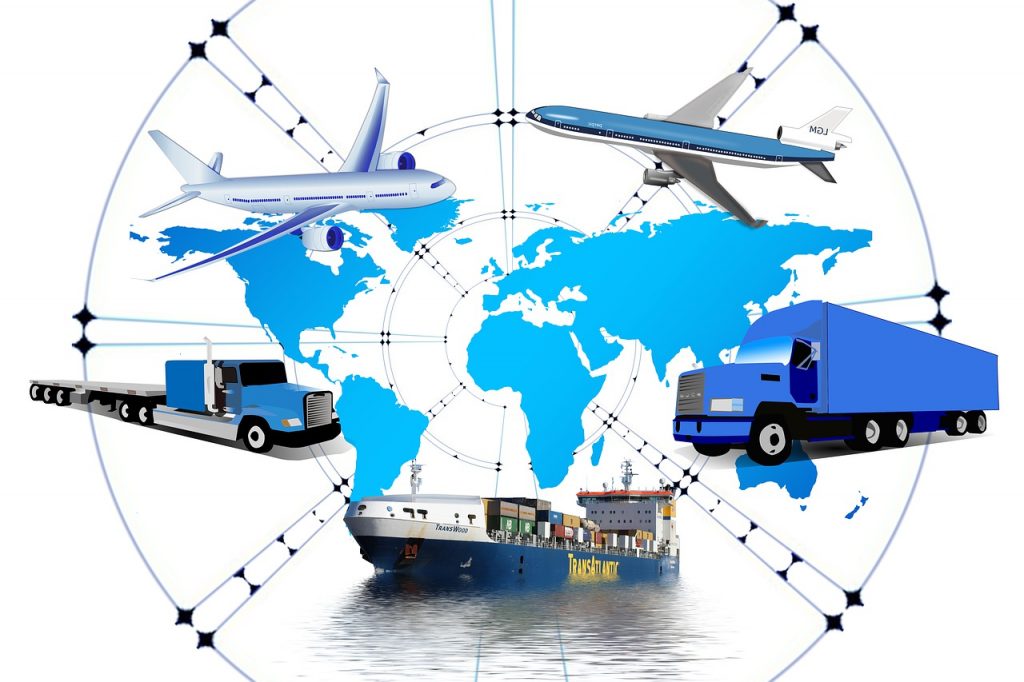In an era where online privacy is constantly under threat, the use of a Virtual Private Network (VPN) has become an essential tool for anyone seeking to browse the internet anonymously and securely. VPNs offer users a cloak of invisibility as they navigate the digital realm, shielding their online activities from prying eyes, whether they be government agencies, cybercriminals, or data-hungry corporations. With the ever-increasing importance of preserving personal information and ensuring a free and open internet, the adoption of VPN technology has surged, making it a fundamental choice for individuals and organizations alike. One of the primary advantages of using a VPN is the ability to mask one’s true IP address. When a user connects to a VPN server, their internet traffic is routed through that server, and its IP address becomes the visible one to websites and online services. This means that advertisers, trackers, and other entities trying to monitor online behavior cannot accurately trace the user back to their physical location or identity.
This level of anonymity not only helps protect personal information but also grants users the freedom to access geo-restricted content and bypass censorship measures in regions with strict internet controls. Moreover, VPNs encrypt the data transmitted between the user’s device and the VPN server. This encryption ensures that even if someone intercepts the data packets, they would not be able to decipher the information within. This feature is especially crucial when connecting to public Wi-Fi networks, where security vulnerabilities are prevalent. By encrypting data, VPNs mitigate the risk of cyberattacks, such as Man-in-the-Middle (MitM) attacks, which can lead to data breaches and identity theft. Furthermore, VPNs can be invaluable tools for those living in countries with repressive internet censorship. By tunneling their traffic through servers located in more lenient jurisdictions, users can access blocked websites and communicate freely without fear of government surveillance.

When selecting a best VPN Reddit service, it is vital to choose one that prioritizes privacy and security. Reputable VPN providers have strict no-logs policies, meaning they do not record or store any user activity data. Additionally, they offer robust encryption protocols, strong authentication methods, and regularly updated security features to stay ahead of potential threats. In conclusion, the adoption of a VPN is no longer a luxury but a necessity in our digital age. It empowers individuals to safeguard their online privacy, access content without restrictions, and protect themselves from various cyber threats. While the benefits of a VPN are undeniable, it is crucial to research and select a trustworthy provider to ensure that the promise of anonymity and security is upheld. As the internet continues to evolve, VPNs will remain a crucial tool in the arsenal of those who value their online privacy and freedom.



